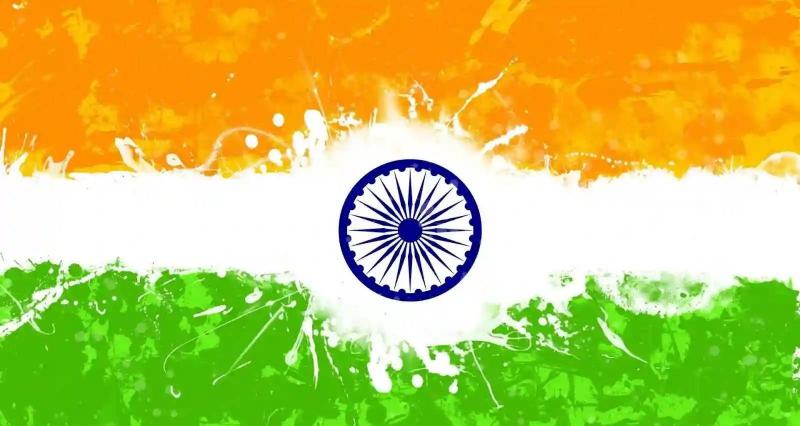The Indian government announced on Friday that "tumult in the Red Sea poses risks to inflation and economic growth in India due to the resultant rise in oil prices, highlighting the need to diversify trade routes." Approximately 80 percent of India's trade with Europe, including key products such as crude oil, auto parts, chemicals, and textiles, passes through the Red Sea, where missile and drone attacks by the Houthi group from Yemen have forced many shipping companies to reroute their vessels from the Suez Canal to the Cape of Good Hope around the southern tip of Africa.
The Indian Ministry of Finance, in its monthly economic review, stated that a combination of rising shipping costs, increased insurance premiums, and longer transit times could make imported goods "significantly more expensive."
India's exports of agricultural products, textiles, chemicals, capital goods, seafood, and petroleum are likely to be affected by the turmoil, which could impact the competitiveness of its export prices. Despite the challenges to growth momentum and stability in the inflation system, the ministry expressed confidence that the economy will conclude the current fiscal year with positive readings. The fiscal year in India runs from April to March.
The government announced an upward revision of the official GDP growth estimate for the current fiscal year to 7.6 percent from 7.3 percent, citing the "continued strength of the Indian economy."




